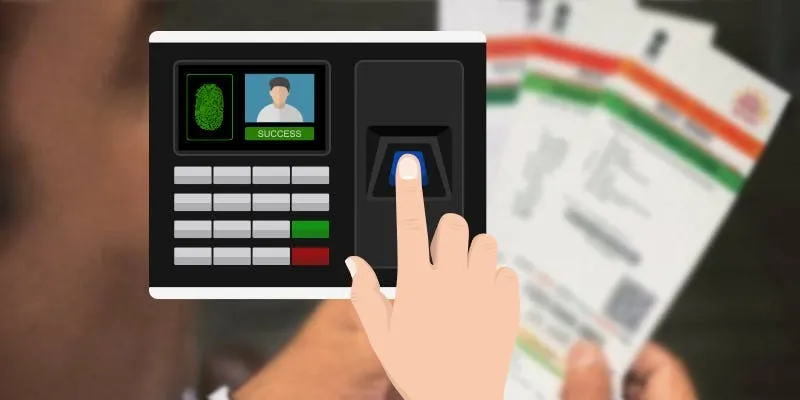After suspending eSign-based e-mandates, NPCI to form committee to decide way forward
National Payments Corporation of India will now form a separate committee to decide remedial action on eSign-based e-mandates and address grievances.
In a circular last week, Indian retail payments organisation National Payments Corporation of India (NPCI) said it had suspended the eSign-based e-mandate product with effect from November 26, 2018.
This was pursuant of the September 26 Supreme Court judgment, stating that corporate entities could no longer insist on a citizen’s Aadhaar information for the KYC process.
The NPCI circular also stated that destination banks have time till November 30, 2018, to clear all mandates presented to them. The eSign-based e-mandates presented after the Supreme Court judgment and approved by the destination bank will be valid until February 15, 2019.

Industry sources said the NPCI will constitute a separate committee to decide any remedial action (reconfirmation) to be taken and address any grievances. The remedial actions discussed include cancellation of mandates; SMS-based notification to consumers asking if they would like to cancel the mandate or allow transactions for three months; and seeking corporate support for migration to physical mandates.
The NPCI is also expected to rewrite to UIDAI, the Indian Banks’ Association, and Controller of Certifying Authorities (Ministry of Electronics and Information Technology) for clarifications while highlighting the benefits of eNACH for the ecosystem.
Riding on NPCI’s National Automated Clearing House (NACH), eNACH is a new-age electronic payment system that allows merchants to automatically charge a user’s account once they sign in with their Aadhaar number. Once the users sign the eNACH (electronic NACH) form, they give the concerned authority the permission to debit the said amount from their bank on a fixed day of the month.
The decision seems to be made by the NPCI Steering Committee due to the lack of clarification from Unique Identification Authority of India (UIDAI) and to avoid legal disputes from consumers questioning Aadhaar usage.
Earlier, YourStory had reported that the SC judgement on not mandating Aadhaar for the verification process had sent fintech players back to the drawing board to work out strategies for physical verification. Physical verification makes the process more time consuming and expensive.
Then Bhavin Patel, Co-founder and CEO of P2P lending platform LenDenClub, had said this decision would make the costs of verification for delivering ultra-small ticket size loans (of say Rs 5,000) a concern.
He estimated there would be a 30 percent increase in costs on physical verification, which would add up to another Rs 100-150. Disbursal of loans is also likely take a day or more now (in an ideal scenario) since physical verification takes at least 24 hours.







